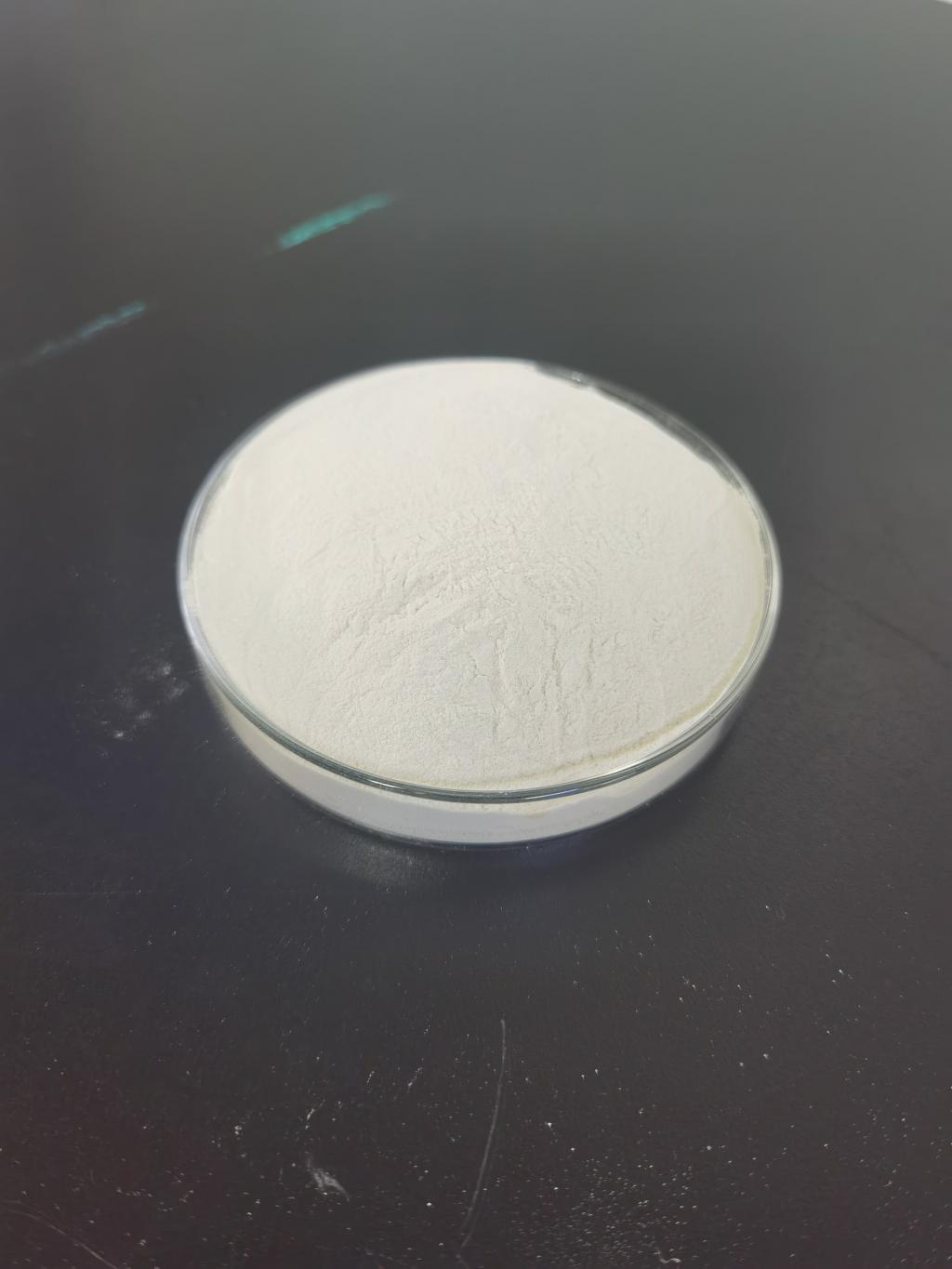Tel:+8618231198596

News
 CONTACT
CONTACT
 CONTACT
CONTACT
- Linkman:Linda Yao
- Tel: +8618231198596
- Email:linda.yao@dcpharma.cn
- Linkman:CHARLES.WANG
- Department:Overseas
- Tel: 0086 0311-85537378 0086 0311-85539701
News
Nisin extends the shelf life of foods without synthetic additives.
TIME:2024-03-22
Understanding Nisin's Role in Shelf Life Extension:
Nisin, derived from the lactic acid bacterium Lactococcus lactis, offers a natural and effective means of preserving foods by inhibiting the growth of a wide range of bacteria, including pathogenic and spoilage-causing organisms. Its ability to extend shelf life without the use of synthetic additives makes it particularly appealing to both consumers and food manufacturers seeking clean-label solutions.
Mechanisms of Action:
The effectiveness of nisin in extending shelf life stems from its unique mechanisms of action:
Disruption of Cell Membranes: Nisin interacts with lipid II, a precursor molecule involved in bacterial cell wall synthesis, leading to the formation of pores in the cell membrane. These pores disrupt membrane integrity, causing leakage of cellular contents and ultimately cell death, thereby inhibiting bacterial growth and spoilage.
Alteration of Membrane Potential: Nisin disrupts the transmembrane electrochemical gradient essential for bacterial cell function, impairing vital cellular processes and further inhibiting bacterial growth and proliferation.
Inhibition of Spore Germination: Nisin has been shown to inhibit the germination of bacterial spores, thereby preventing the growth of spore-forming bacteria and extending the shelf life of foods susceptible to spore contamination.
Applications in Food Preservation:
Nisin finds diverse applications in preserving a wide range of food products:
Dairy: In the dairy industry, nisin is commonly used to extend the shelf life of cheese, yogurt, and other dairy products by inhibiting the growth of spoilage bacteria and pathogens, such as Listeria monocytogenes and Staphylococcus aureus.
Meat and Poultry: Nisin helps extend the shelf life of meat and poultry products by controlling bacterial contamination and reducing the risk of foodborne illnesses. It inhibits the growth of pathogens such as Salmonella, Escherichia coli, and Campylobacter, thereby improving product safety and quality.
Ready-to-Eat Foods: Nisin is utilized in a variety of ready-to-eat foods, including canned soups, sauces, and packaged meals, to prevent microbial spoilage and extend shelf life without the need for synthetic preservatives.
Regulatory Status:
Nisin is approved for use as a food additive in many countries, including the United States, the European Union, and others, where it is generally recognized as safe (GRAS). Its regulatory status and extensive safety evaluations support its use in food production, providing consumers with confidence in its safety and efficacy.
Consumer Perception and Acceptance:
Consumers are increasingly receptive to natural preservatives like nisin, viewing them as safer and more desirable alternatives to synthetic additives. The clean-label trend, which emphasizes transparency and minimal processing, further drives the demand for natural preservation solutions like nisin.
Challenges and Opportunities:
While nisin offers numerous advantages in shelf life extension, challenges such as cost, formulation compatibility, and regulatory compliance may arise in its adoption by food manufacturers. However, ongoing research and innovation in natural preservative technologies, including nisin-based formulations, present opportunities for overcoming these challenges and meeting consumer demand for clean-label products.
Conclusion:
Nisin's ability to extend the shelf life of foods without synthetic additives underscores its importance as a natural and effective preservative in the food industry. Its mechanisms of action, applications across diverse food categories, regulatory status, and consumer acceptance highlight its value in ensuring food safety, maintaining product quality, and meeting the evolving demands of consumers for natural and clean-label alternatives. As the food industry continues to prioritize sustainability and transparency, nisin remains a vital tool in the quest for longer shelf life without compromising product integrity or consumer trust.
- Tel:+8618231198596
- Whatsapp:18231198596
- Chat With Skype







